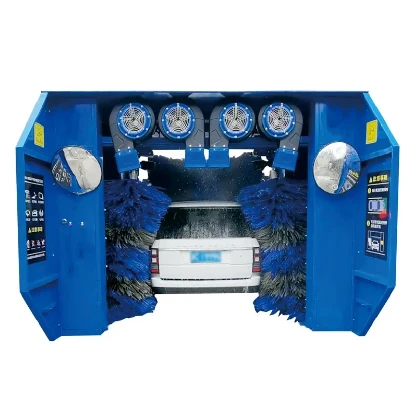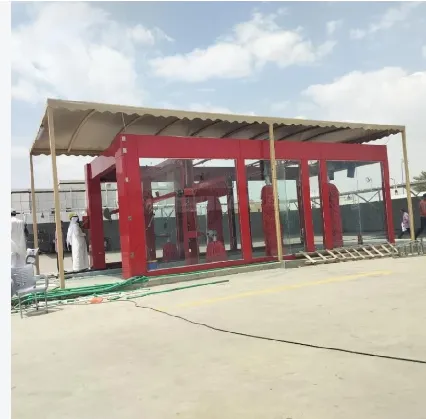
- Afrikaans
- Albanian
- Amharic
- Arabic
- Armenian
- Azerbaijani
- Basque
- Belarusian
- Bengali
- Bosnian
- Bulgarian
- Catalan
- Cebuano
- Corsican
- Croatian
- Czech
- Danish
- Dutch
- English
- Esperanto
- Estonian
- Finnish
- French
- Frisian
- Galician
- Georgian
- German
- Greek
- Gujarati
- Haitian Creole
- hausa
- hawaiian
- Hebrew
- Hindi
- Miao
- Hungarian
- Icelandic
- igbo
- Indonesian
- irish
- Italian
- Japanese
- Javanese
- Kannada
- kazakh
- Khmer
- Rwandese
- Korean
- Kurdish
- Kyrgyz
- Lao
- Latin
- Latvian
- Lithuanian
- Luxembourgish
- Macedonian
- Malgashi
- Malay
- Malayalam
- Maltese
- Maori
- Marathi
- Mongolian
- Myanmar
- Nepali
- Norwegian
- Norwegian
- Occitan
- Pashto
- Persian
- Polish
- Portuguese
- Punjabi
- Romanian
- Russian
- Samoan
- Scottish Gaelic
- Serbian
- Sesotho
- Shona
- Sindhi
- Sinhala
- Slovak
- Slovenian
- Somali
- Spanish
- Sundanese
- Swahili
- Swedish
- Tagalog
- Tajik
- Tamil
- Tatar
- Telugu
- Thai
- Turkish
- Turkmen
- Ukrainian
- Urdu
- Uighur
- Uzbek
- Vietnamese
- Welsh
- Bantu
- Yiddish
- Yoruba
Fully Automatic Car Washing Machines – Efficient & Commercial Solutions
- Overview of Automatic Car Washing Machines
- Technical Innovations Driving Efficiency
- Price Comparison: Fully Automatic vs. Semi-Automatic Models
- Top Manufacturers and Their Competitive Edge
- Custom Solutions for Commercial Applications
- Real-World Success Stories
- Future Trends in Automatic Car Wash Systems

(automatic car washing machine)
Why Automatic Car Washing Machines Are Redefining Vehicle Care
The automotive industry has witnessed a surge in demand for fully automatic car washing machine
s, driven by their ability to deliver consistent results while minimizing labor costs. Modern systems integrate advanced sensors, high-pressure water jets, and eco-friendly detergents to clean vehicles in under 5 minutes. According to market research, businesses adopting these machines report a 40% increase in customer throughput compared to manual methods. With water recycling modules reducing consumption by 30%, these systems align with global sustainability goals.
Technical Innovations Driving Efficiency
Advanced brushless technology ensures scratch-free cleaning, while programmable logic controllers (PLCs) enable customizable wash cycles. Key features include:
- 360° spray nozzles operating at 120 PSI for thorough dirt removal
- AI-powered dirt detection adjusting water temperature and pressure
- Energy recovery systems cutting power usage by 25%
Price Comparison: Models and Manufacturers
| Model | Capacity (cars/hour) | Price Range | Water Usage (gal/wash) |
|---|---|---|---|
| WashMaster Pro | 25 | $45,000–$55,000 | 18 |
| AquaJet Business | 20 | $38,000–$48,000 | 22 |
| EcoClean X7 | 30 | $52,000–$62,000 | 15 |
Top Manufacturers and Their Competitive Edge
Leading brands like WashTec, Otto Christ, and Istobal dominate the market with distinct advantages:
- WashTec: 15% longer component lifespan due to stainless-steel construction
- Istobal: Patented foam cannons increasing detergent efficiency by 35%
- Otto Christ: Integrated payment systems supporting contactless transactions
Custom Solutions for Commercial Applications
Businesses can opt for modular designs tailored to site-specific requirements. A gas station in Ohio achieved a 20% ROI increase by installing a dual-bay system with tire-cleaning add-ons. Configurable options include:
- Compact units for urban locations (12' x 24' footprint)
- High-volume systems processing 50+ vehicles daily
- Solar-powered variants reducing grid dependence by 40%
Real-World Success Stories
A car dealership in Texas reduced its monthly water bill from $2,800 to $950 after upgrading to a closed-loop automatic car washing machine for business. Meanwhile, a fleet management company in Germany cut vehicle downtime by 60% using predictive maintenance alerts.
Future Trends in Automatic Car Wash Systems
The next generation of automatic car washing machines will leverage IoT for real-time performance analytics and drone-assisted undercarriage cleaning. Industry projections suggest a 7.2% CAGR growth through 2030, with hybrid models combining touchless and friction-based cleaning gaining traction. As prices for entry-level units drop below $30,000, adoption rates among small businesses are expected to triple.

(automatic car washing machine)
FAQS on automatic car washing machine
Q: What factors affect the price of a fully automatic car wash machine?
A: The price depends on capacity, technology (e.g., touchless vs. brush-based), and additional features like water recycling or payment systems. Commercial-grade models typically cost more than basic versions.
Q: How much does an automatic car washing machine for business use cost?
A: Prices range from $30,000 to $150,000+, depending on size, automation level, and customization. High-traffic systems with advanced software or eco-friendly features often exceed this range.
Q: Are there maintenance costs for automatic car wash machines?
A: Yes, annual maintenance averages $2,000–$5,000 for parts, labor, and consumables like detergents. Regular upkeep ensures efficiency and extends the machine’s lifespan.
Q: What’s the difference between entry-level and premium automatic car wash systems?
A: Entry-level models ($20,000–$50,000) offer basic washing cycles, while premium systems include AI-driven sensors, faster drying, and loyalty program integrations, costing $100,000+.
Q: How long does it take to recover the investment in a commercial automatic car wash machine?
A: Most businesses recover costs in 2–5 years, depending on location, pricing strategy, and daily vehicle volume. High-demand areas see faster returns.
-
Integrating Aqua Tunnel Car Wash in Shopping CentersNewsJun.24,2025
-
Gas Station with an Auto Car Wash MachineNewsJun.24,2025
-
Efficiency in Your Aqua Tunnel Car Wash: Power & Water-SavingNewsJun.24,2025
-
Car Wash Business with Advanced Auto Car Cleaning MachinesNewsJun.24,2025
-
Balancing Setup Costs with Aqua Tunnel Car WashNewsJun.24,2025
-
Aqua Tunnel Car Wash: Eco-Design for the Energy-Savvy EntrepreneurNewsJun.24,2025



